Inflation forecast up 95 percent from January
The Central Bank of the Republic of Turkey’s inflation forecast for the end of 2021 was 9.4 percent in January and 14.1 percent in July. The year-end inflation forecast rose to 18.4 percent.
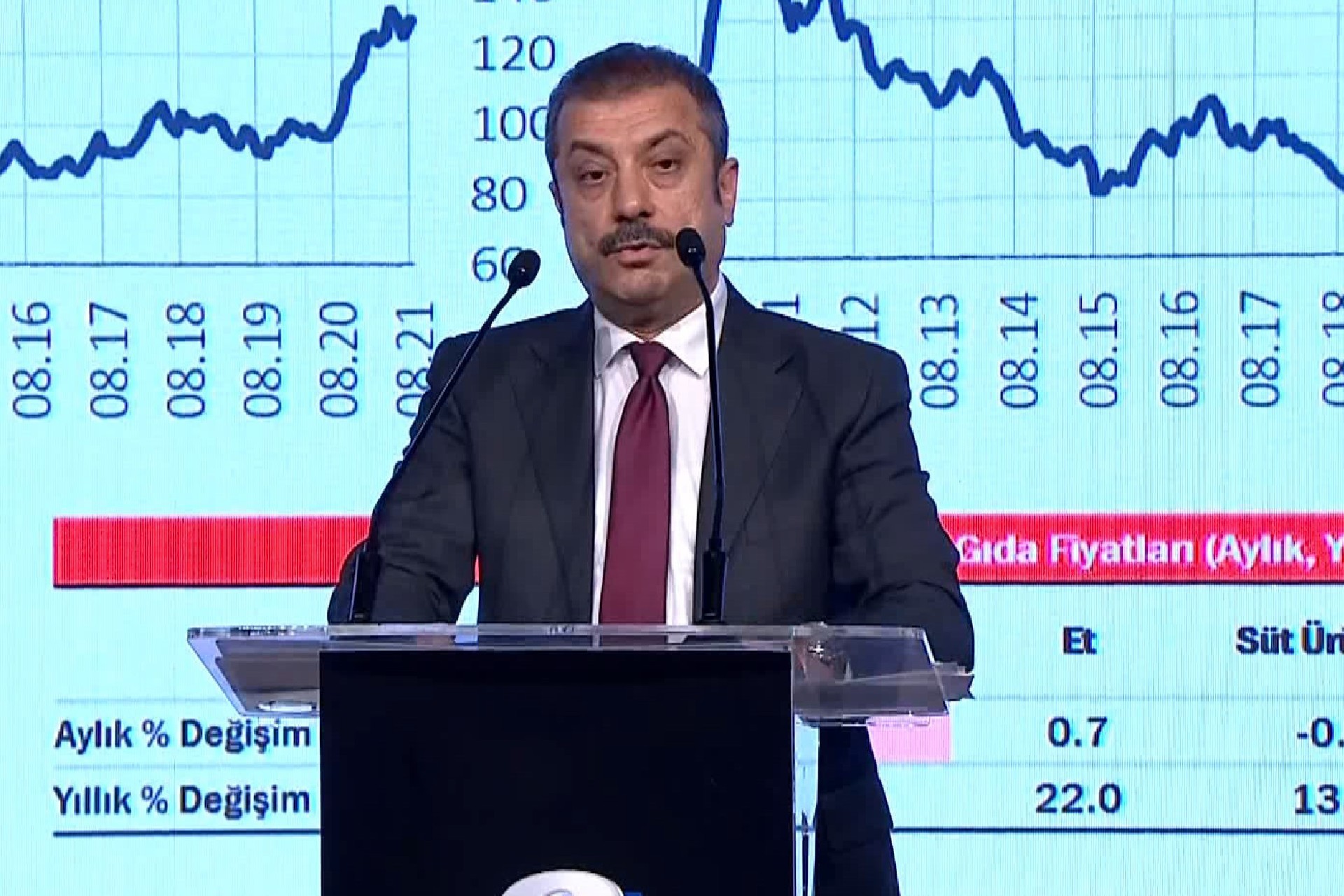
Şahap Kavcıoğlu | Fotoğraf: DHA
Şahap Kavcıoğlu, president of the Central Bank of the Republic of Turkey, spoke at the 4th and final inflation report meeting of the year. "We raised our inflation forecast to 18.4 percent by the end of 2021 and the 2022 year-end forecast to 11.8 percent," Kavcıoğlu said.
The Central Bank of the Republic of Turkey raised its inflation forecasts in its latest inflation report of the year. Accordingly, the 2021 inflation forecast was increased from 14.1 percent to 18.4 percent. The 2022 year-end inflation forecast was raised to 11.8 percent from 7.8 percent. The previous report raised the food inflation forecast for 2021 to 23.4 percent from 15 percent. The food inflation forecast was raised from 10.1 percent to 13.9 percent for 2022.
"We aim to achieve price stability by reducing the current account deficit. Our main goal is to ensure price stability and reduce inflation" Kavcıoğlu argued that there is no goal of closing the deficit with the rise in the currency, and that the pressure on the currency will decrease once the current balance is achieved. As for the interest rate cut by MB despite the rising inflation, Kavcioğlu said, "We are trying to do our part in reducing interest rates, lowering costs, increasing investment, and we will. This is also in line with CBRT policies. The Central Bank is doing its work in a completely field-oriented manner, aimed at price stability. There are a lot of central banks that use core inflation, and the CBRT used it on time."
WHAT DID THE ECONOMISTS SAY?
Economists interpreted Kavcıoğlu's statements. Prof. Dr. Erinç Yeldan said, "Let's say that it is desirable to create a surplus in the current account balance (while the target is still maintained as price stability), by reducing interest and the volume of loans (Controlled? selective? -what do you mean?) this is not possible with a design that will whip up the demand for consumption by expanding."
Prof. Dr. Hayri Kozanoğlu said, "Why did the dollar rise to 9.61 when Kavcıoğlu was talking? I think it gave the impression that he didn't care much about the rate increase, that they were just focused on closing the current account deficit. The market concluded that it was thinking, 'If the rate rises, is it bad or the current account deficit will shrink?'”



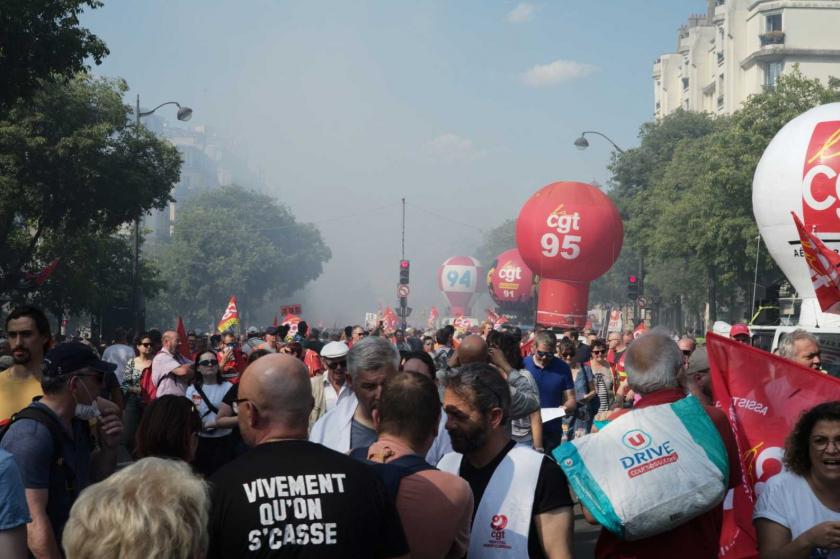


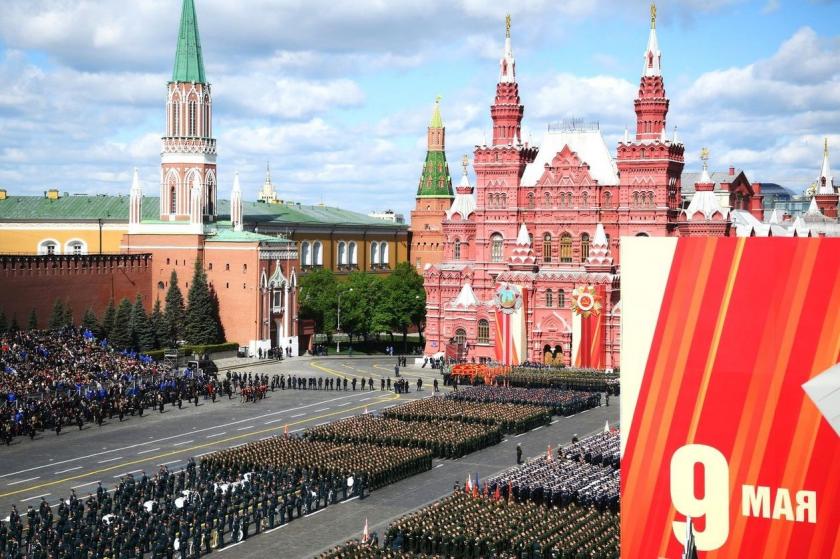

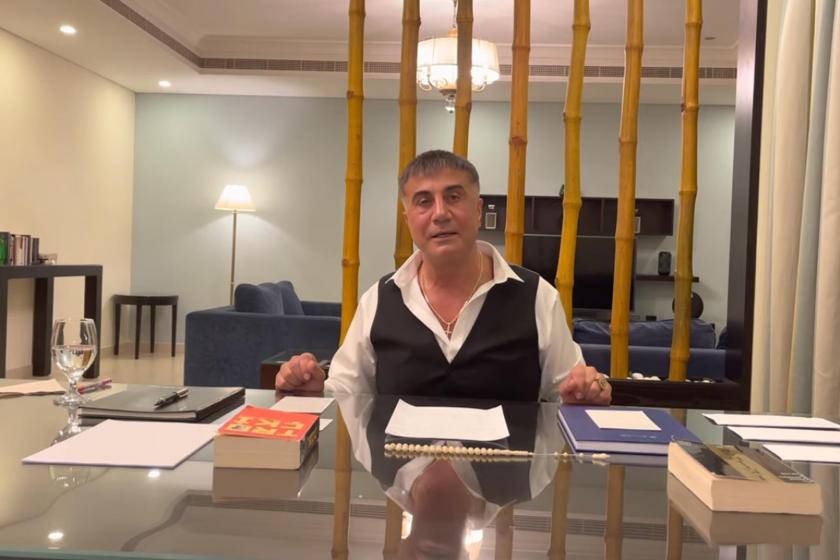
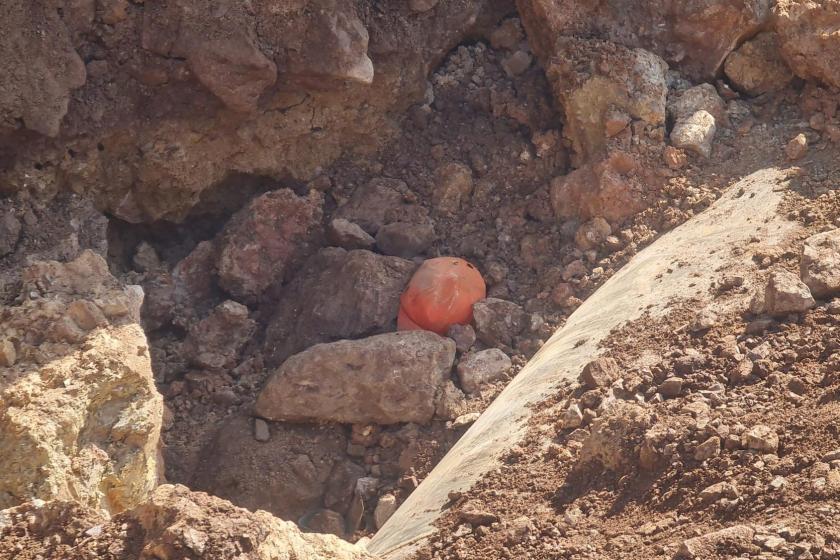
Evrensel'i Takip Et